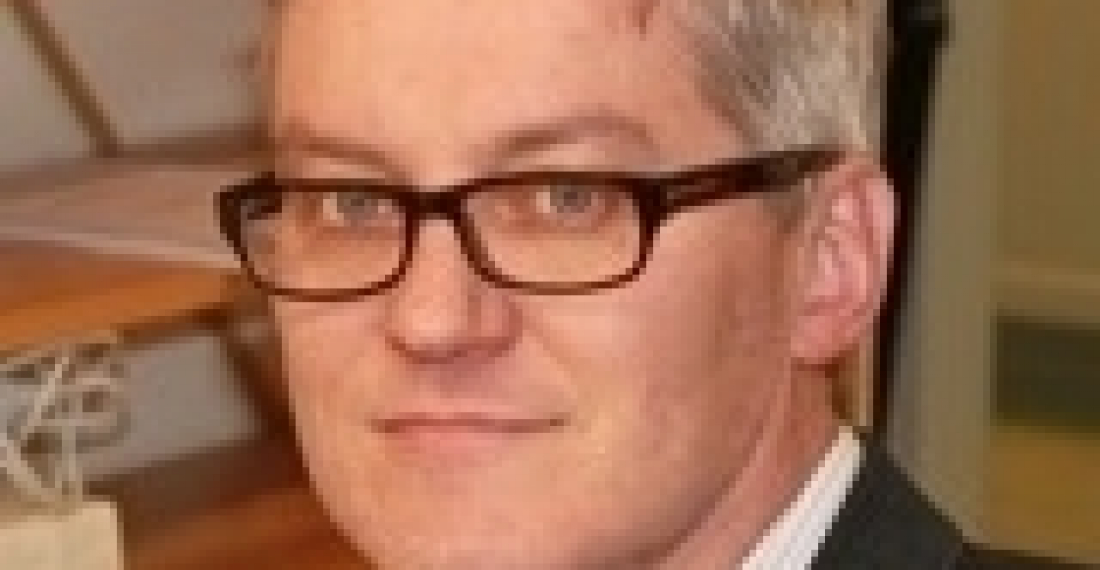Achieving a breakthrough in the Karabakh peace process may be difficult without the engagement of an 'honest' broker in the form of a country or institution outside the region and with little direct interest in the problems of the South Caucasus, Neil Melvin, Director of Stockholm International Peace Research Institute, said in his interview with ArmInfo.
"The Minsk process has been in operation now for many years. The elements of a solution to the Karabakh situation have been largely clarified through this process but there has been a failure to achieve the necessary political agreement and trust to implement the agreement. Part of the issue is that the Minsk process is itself hostage to a wider set of factors, this concerns the Karabakh problem but also the complex relationship between many of the countries involved in the Minisk process and the South Caucasus (notably the Russian Federation), and between countries in the Minsk group (the tensions between Russia, the EU and the United States over Eurasia and European security). The Minsk process has not been successful in finding a way through this thicket of problems", he said.







